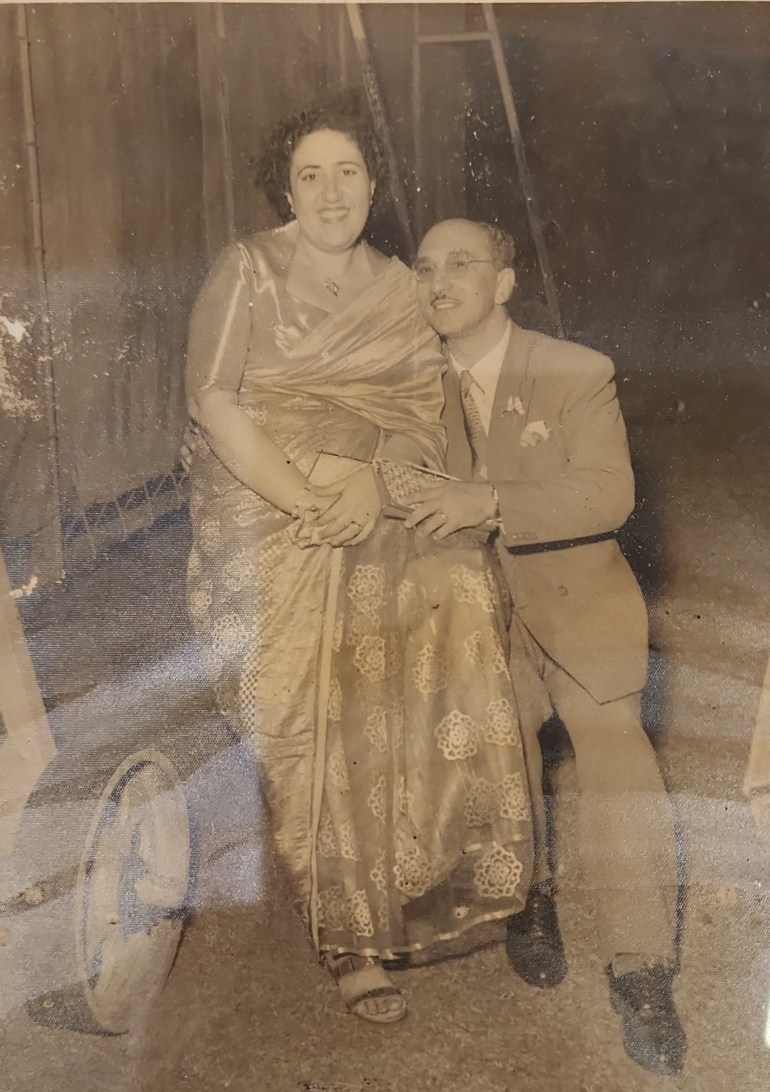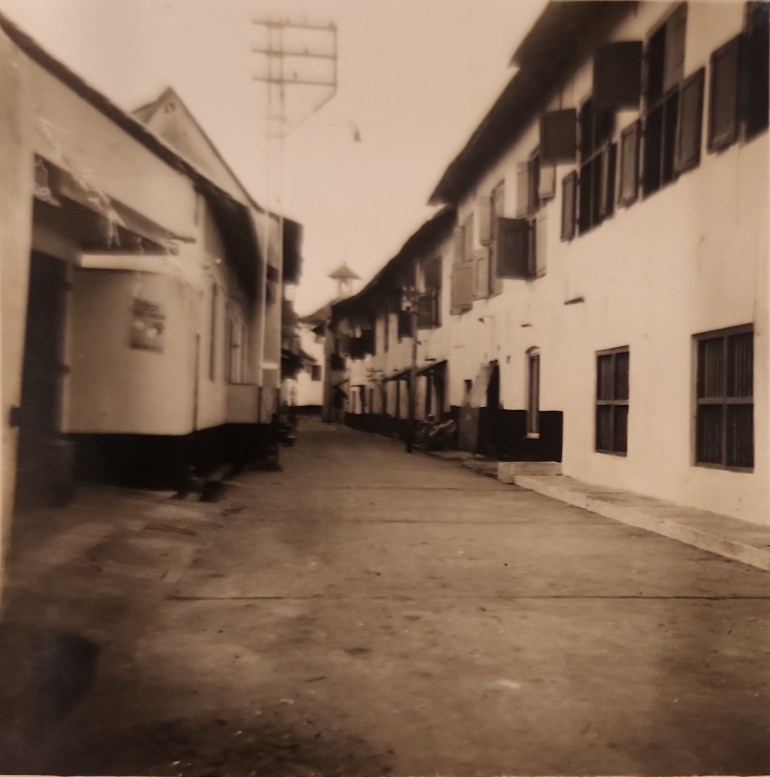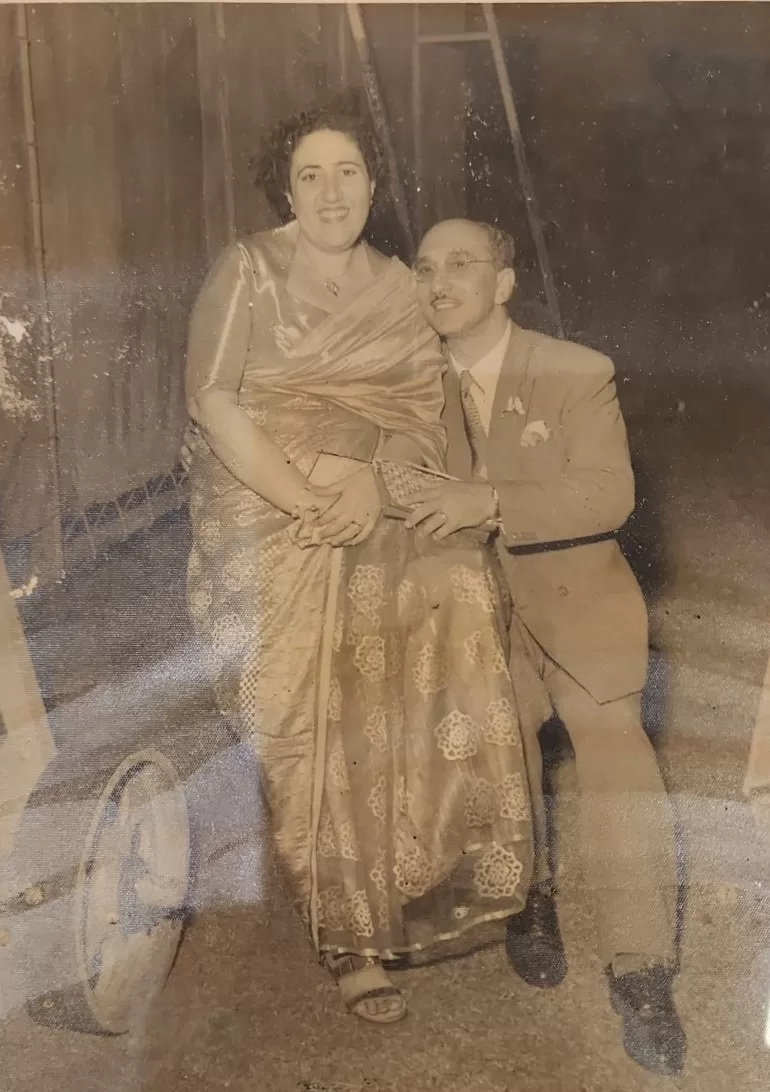Growing up in Mattancherry, a bustling hub of the spice trade in the southern Indian city of Cochin (now Kochi), Thaha Ibrahim had always found the world outside far more captivating than the confines of his classroom.
So when he left school in the sixth grade, his family did not try to stop him. He explored different trades, from assisting his father, a tailor, with stitching clothes to helping his uncle in the spice business. But, mostly, he was drawn to the tourists who arrived in droves on the ships that docked in the port.
Invariably, they would flock to see the centuries-old Paradesi Synagogue in Jew Town, the neighbourhood in Fort Kochi, a busy, touristy waterfront area of Kochi that had once been used by Portuguese, Dutch and British merchants during colonial rule of the city.

Thaha would arrive in the morning in Jew Town, spend the day selling postcards on the street to tourists visiting the synagogue and return home at dusk. As an Indian Muslim, he always maintained a respectful distance from others in the Jewish neighbourhood.
That all changed one Sunday in 1982 when, as a ship packed with Western tourists docked, bringing the promise of postcard sales, Thaha faced an unexpected obstacle.
His usual storage space – a small warehouse on the waterfront known as a “godown” whose owner allowed him to stash his postcards there each evening – had been locked up by the watchman. He waited under the burning sun from 8 in the morning until 1 in the afternoon, but nobody came to unlock it.

It was at this point that Jacob Elias Cohen, a resident of Jew Town and a member of the Paradesi Jewish community, happened to be passing by the godown and noticed Thaha.
He recognised the boy whom he had seen selling postcards outside his home and, moved by the teenage vendor’s plight, decided to try to help. “Come to my house after your sales tomorrow,” he told Thaha. “You can store your things at my place.”
